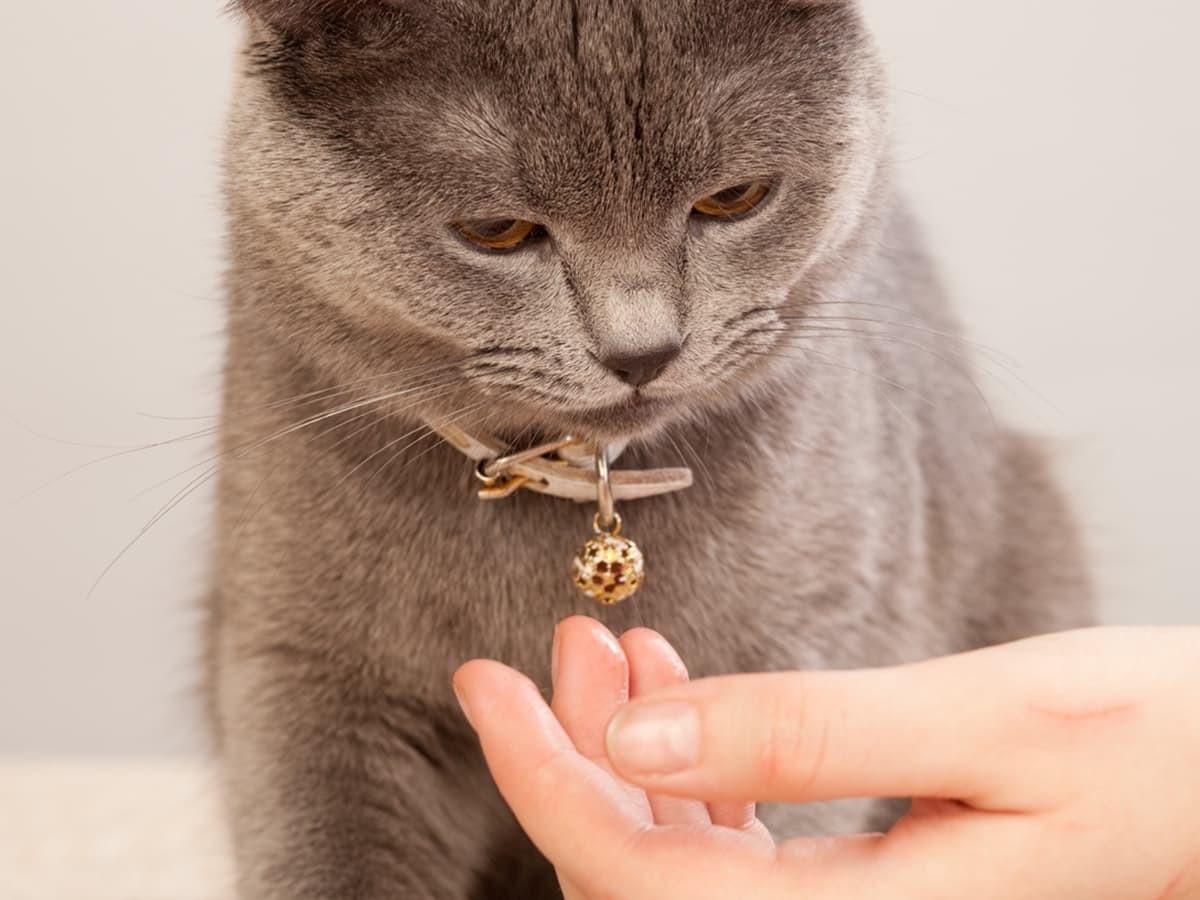Almonds are a nutritious snack for humans, packed with vitamins, minerals, and healthy fats. But can cats eat almonds, or are they better left for us to enjoy? As a responsible pet owner, you may be wondering if sharing this popular nut with your feline friend is a good idea. Let's explore the safety and potential risks of almonds for cats.
Are Almonds Safe for Cats?
In short, almonds are not the best treat for your cat. While a small amount of plain, unsalted almond may not cause immediate harm, they are not nutritionally beneficial for cats and can pose several risks.
Bitter Almonds vs. Sweet Almonds
It's crucial to distinguish between bitter and sweet almonds. Bitter almonds contain cyanide, a toxic compound that can be harmful to cats even in small amounts. Sweet almonds, the variety typically found in stores, contain only trace amounts of cyanide and are not immediately toxic. However, they may still pose other risks.1
The Risks of Feeding Almonds to Cats
Choking Hazards
Almonds are a significant choking hazard for cats. Their size and shape make them difficult to swallow, especially for smaller cats. If your cat tries to eat an almond, they could choke or experience an obstruction in their esophagus or intestines.
Digestive Problems
Cats are obligate carnivores, meaning their bodies are designed to digest meat, not plant-based foods like almonds. Almonds are high in fat and difficult for cats to digest, which can lead to:2
Upset stomach: Vomiting and diarrhea are common signs of digestive upset in cats who have eaten almonds.
Pancreatitis: In severe cases, the high-fat content of almonds can trigger pancreatitis, a painful inflammation of the pancreas.2
Obesity: Almonds are calorie-dense, and regular consumption can contribute to weight gain and obesity in cats.
What Happens if My Cat Eats Almonds?
If your cat eats a small amount of almond (1-2), they are likely to be fine. Monitor them for any signs of discomfort, such as vomiting, diarrhea, or lethargy. If these symptoms occur or persist, consult your veterinarian.
If your cat consumes a large quantity of almonds or shows signs of choking or distress, seek immediate veterinary care.
Which Nuts Are Toxic to Cats?
While almonds are not immediately toxic in small amounts, some nuts are highly poisonous to cats and should be avoided altogether.3 These include:
Macadamia nuts
Old and moldy walnuts
Raw cashews
Pecans
Pistachios
Are Cats Allergic to Almonds?
While not common, cats can develop allergies to almonds. If you notice any signs of an allergic reaction, such as itching, swelling, or difficulty breathing, contact your veterinarian immediately.
Healthier Alternatives to Almonds for Cats
Instead of almonds, offer your cat treats specifically formulated for their nutritional needs. These treats are designed to be easily digestible and provide essential nutrients without the risks associated with almonds. Some safe and healthy options include:
Small pieces of cooked chicken or fish
Commercially available cat treats made with meat or fish
Catnip
Expert Insights From Spot
As much as we love to share our favorite foods with our pets, it's important to remember that not all human foods are safe for dogs. Spot's internal data shows that pet insurance claims for dietary indiscretions average $572,* highlighting the importance of being cautious and doing your research before sharing snacks with your pet.
Key Takeaways
Although a small amount of almond may not be immediately toxic to your cat, it's best to avoid feeding them almonds altogether. The risks far outweigh the potential benefits. Instead, focus on offering your cat a balanced diet of high-quality cat food and occasional treats specifically formulated for their nutritional needs. Your cat will thank you for prioritizing their health and well-being.

With 15 years as a dog and cat parent, my pet articles are a mix of humor and firsthand experience - proof that the best stories often come with paws and purrs.
*Jan 2019 to Aug 2024 Spot Pet Insurance Services, LLC claims data.
Adams, Christian. "Can Cats Eat Almonds?" Catster, 19 Jun. 2025, https://www.catster.com/nutrition/can-cats-eat-almonds/.
Woodnutt, Joanna. "Can Cats Eat Almonds?" Cats.com, 14 Feb. 2025, https://cats.com/can-cats-eat-almonds.
Turner, Beth. "Safe and Unsafe Nuts and Seeds For Dogs & Cats." Preventive Vet, 9 Sep. 2025, https://www.preventivevet.com/pets/safe-and-unsafe-nuts-and-seeds-for-pets#nuts-that-are-toxic-to-pets.
The information presented in this article is for educational and informational purposes only and does not constitute or substitute for the advice of your veterinarian.











